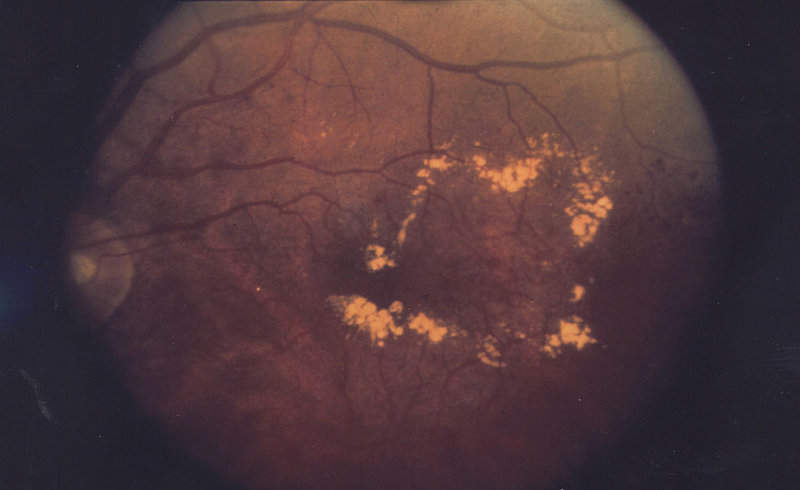

Belgium-based biopharmaceutical company ThromboGenics has initiated patient enrolment for its Phase II clinical study of THR-317 to treat diabetic macular edema (DME).

Discover B2B Marketing That Performs
Combine business intelligence and editorial excellence to reach engaged professionals across 36 leading media platforms.
THR-317 (anti-PIGF) has been developed as a recombinant human monoclonal antibody, which targets the receptor-binding site of human placental growth factor (PlGF).
Its mechanism of action involves the reduction of blood vessel leakage, which prevents inflammation in early stage, non-proliferative diabetic retinopathy.
The Phase II study will be conducted as a singlemasked, multicentre exploratory study to test the safety and efficacy of two doses of THR-317 through intravitreal injections to treat DME.
It will also assess the ability of THR-317 to improve best corrected visual acuity (BCVA), as well as minimise central retinal thickness caused by DME.

US Tariffs are shifting - will you react or anticipate?
Don’t let policy changes catch you off guard. Stay proactive with real-time data and expert analysis.
By GlobalDataThe trial is expected to enrol 50 patients and will release its result in the first quarter of 2018.
ThromboGenics CEO Dr Patrik De Haes said: “Knowing that 35% of all diabetes patients will in their lives develop some form of diabetic retinopathy (DR), there is a clear unmet medical need and an increasing demand for improved or add-on treatment options.
“We believe that our anti-PlGF antibody THR-317 holds the potential to differentiate and improve current standard of care for this important sight-threatening disease.”
Subject to the result of the currently held clinical trial, the company will further explore THR-317 functionality in addressing other DR indications.
The recently held preclinical trial has established benefits of THR-317 in treating DR.
Image: Eye blood vessels surrounded by hard exudates in a DME patient. Photo: courtesy of National Eye Institute, National Institutes of Health.





